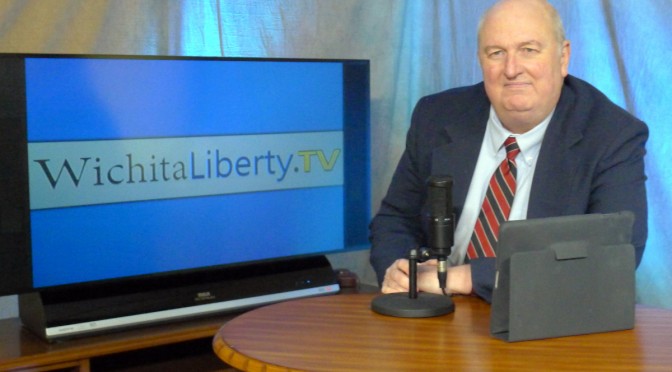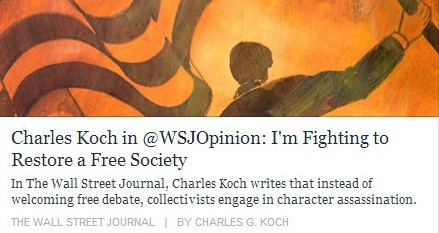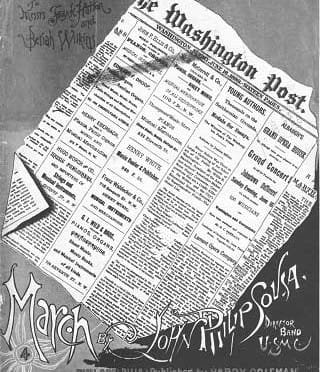Tag: Cronyism
-

Wichita economic development incentives: Do they help?
The Wichita City Council regularly awards economic development incentives. Are these incentives helpful, or not?
-

WichitaLiberty.TV: Schools and the nature of competition and cooperation, Wind power and taxes
A Kansas newspaper editorial is terribly confused about schools and the nature of competition in markets. Then, we already knew that the wind power industry in Kansas enjoys tax credits and mandates. Now we learn that the industry largely escapes paying property taxes.
-

Cronyism is welfare for rich and powerful, writes Charles G. Koch
The central belief and fatal conceit of the current administration is that you are incapable of running your own life, but those in power are capable of running it for you. This is the essence of big government and collectivism, writes Charles G. Koch.
-

Rural Kansans’ billion-dollar subsidy of wind farms
In addition to receiving taxpayer subsidies and benefiting from mandates to buy their product, wind power producers largely escape the burden of property taxes, writes Dave Trabert of Kansas Policy Institute.
-

Washington Post out on a limb, again
The Washington Post has published an article that is demonstrably false, and for political reasons.
-

WichitaLiberty.TV: For whose benefit are elections, school employment, wind power, unions, unemployment
The controversy over the timing of city and school board elections provides an insight into government. Then: Can a candidate for governor’s claims about Kansas school employment be believed? Wind power is expensive electricity, very expensive. A Wichita auto dealer pushes back against union protests. Finally, what is the real rate of unemployment in America?
-

Wichita City Council to consider entrenching power of special interest groups
The Wichita City Council will consider a resolution in support of the status quo for city elections. Which is to say, the council will likely express its support for special interest groups whose goals are in conflict with the wellbeing of the public.
-

WichitaLiberty.TV: Wichita’s city tourism fee, Special taxes for special people
The Wichita City Council will hold a meeting regarding an industry that wants to tax itself, but really is taxing its customers. Also, the city may be skirting the law in holding the meeting. Then: The Kansas Legislature is considering special tax treatment for a certain class of business firms. What is the harm in…
-

Special interests defend wind subsidies at taxpayer cost
The spurious arguments made in support of the wind production tax credit shows just how difficult it is to replace cronyism with economic freedom.
-

WichitaLiberty.TV: Wichita’s missing water, beyond politics and special interests
The people of Wichita have told officials that water is an important issue. What has the city done in this regard? Then, Wichita Mayor Brewer Carl says it’s time to put politics and special interests aside. Is our political leadership capable of this?
-

Wichita seeks to add more tax to hotel bills
The city of Wichita wants hotel guests to make a “marketing investment” in Wichita by paying a “City Tourism Fee.”
-
Corporate cronyism harms America
When businesses feed at the federal trough, they threaten public support for business and free markets, explains Charles G. Koch.